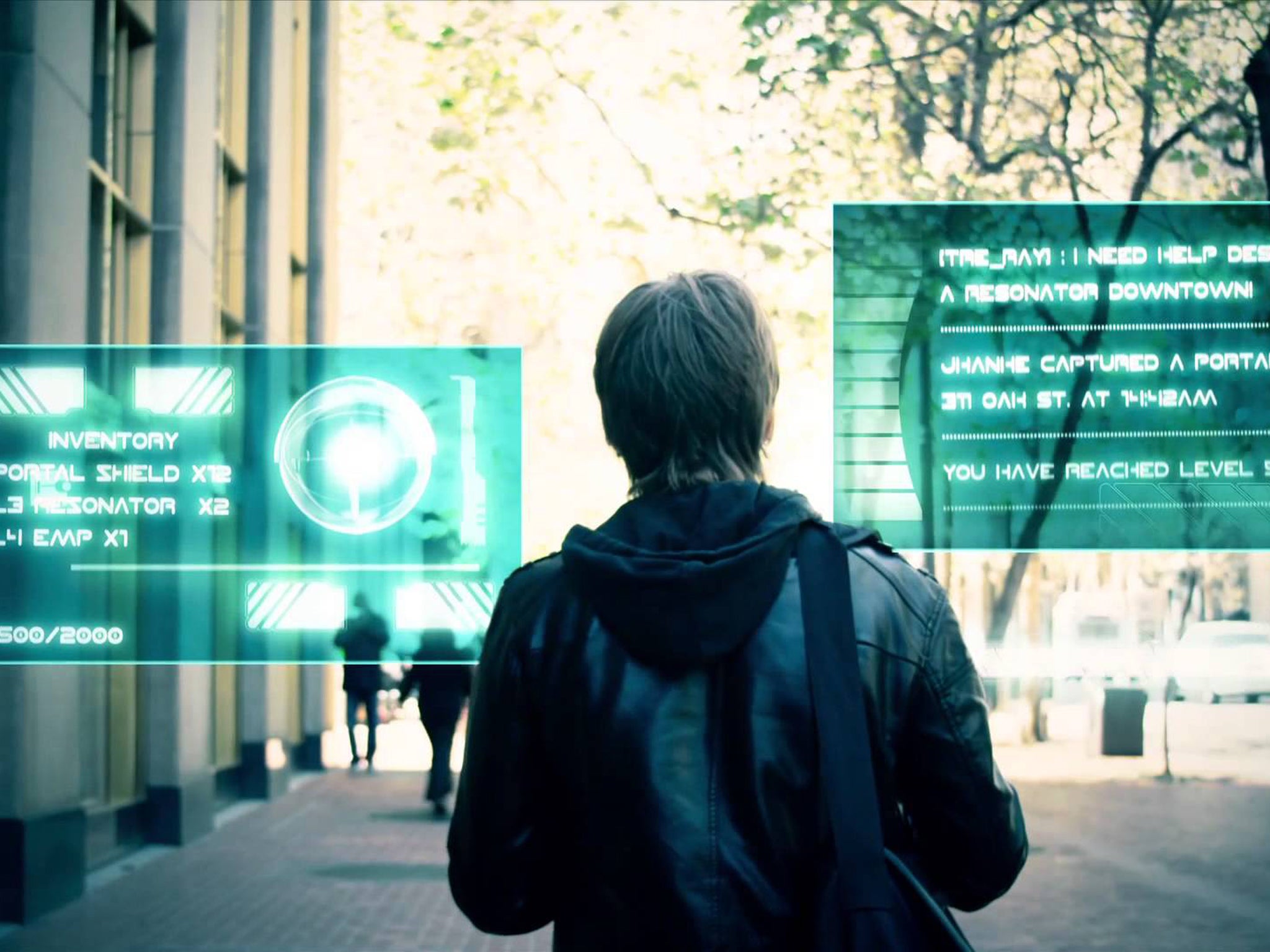Google-owned 'Ingress' game sent players to concentration camps to take part
Sites were included in Ingress game because they were of ‘significant historical value’, company said

Your support helps us to tell the story
From reproductive rights to climate change to Big Tech, The Independent is on the ground when the story is developing. Whether it's investigating the financials of Elon Musk's pro-Trump PAC or producing our latest documentary, 'The A Word', which shines a light on the American women fighting for reproductive rights, we know how important it is to parse out the facts from the messaging.
At such a critical moment in US history, we need reporters on the ground. Your donation allows us to keep sending journalists to speak to both sides of the story.
The Independent is trusted by Americans across the entire political spectrum. And unlike many other quality news outlets, we choose not to lock Americans out of our reporting and analysis with paywalls. We believe quality journalism should be available to everyone, paid for by those who can afford it.
Your support makes all the difference.A Google gaming subsidiary has apologised after sending players to Nazi concentration camps as part of a game.
In Google-owned Niantic Labs’ game Ingress, users submit real-life locations for inclusion, and once they're approved players then battle to "control" that location. Those sites included Nazi concentration camps and memorials in Germany and Poland, according to German newspaper Die Zeit.
The company told Die Zeit that the sites had been added to the game because they were of "significant historical value". Some of the sites are still active, and the "portals" had been at Auschwitz and Auschwitz-Birkenau, Dachau and Buchenwald, along with another concentration and death camps.
"All of us here are completely appalled," Günter Morsch, the head of the Sachsenhausen Memorial that stands on the site of a camp where 30,000 people died, told Die Zeit. "This is most definitely no place for video games."
In a statement to Associated Press, the company’s founder John Hanke said that it had started taking the sites out of the game. “We apologise that this has happened,” he said, according to the AP.
Join our commenting forum
Join thought-provoking conversations, follow other Independent readers and see their replies
Comments